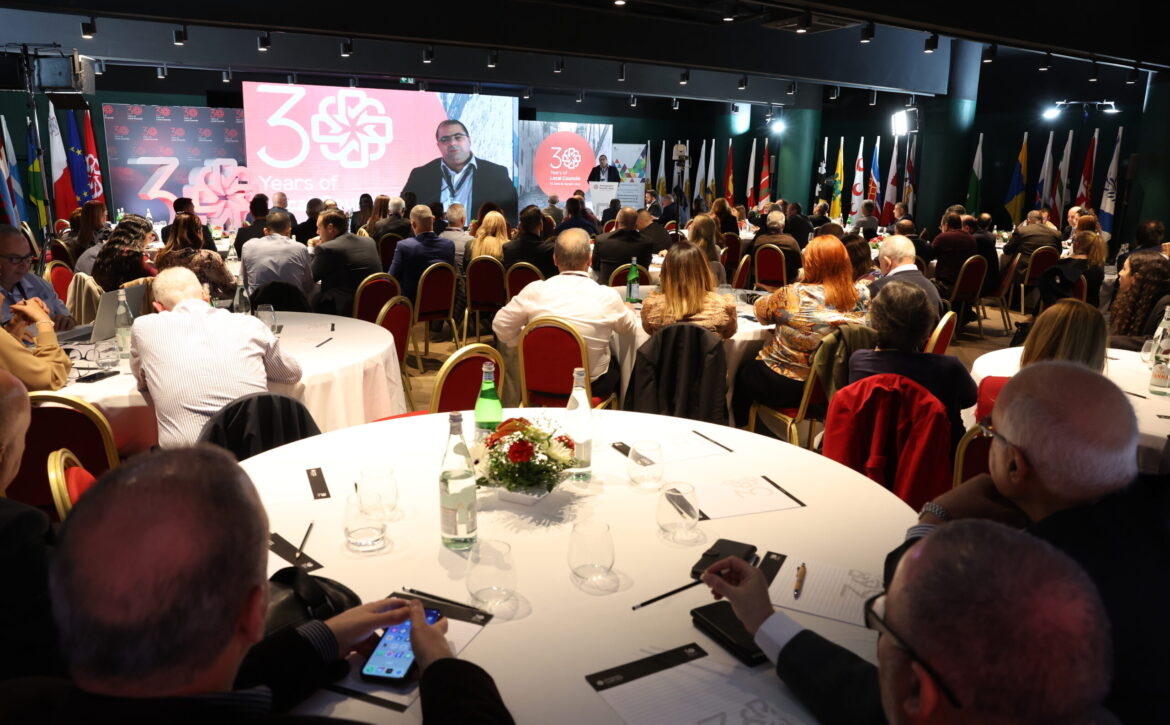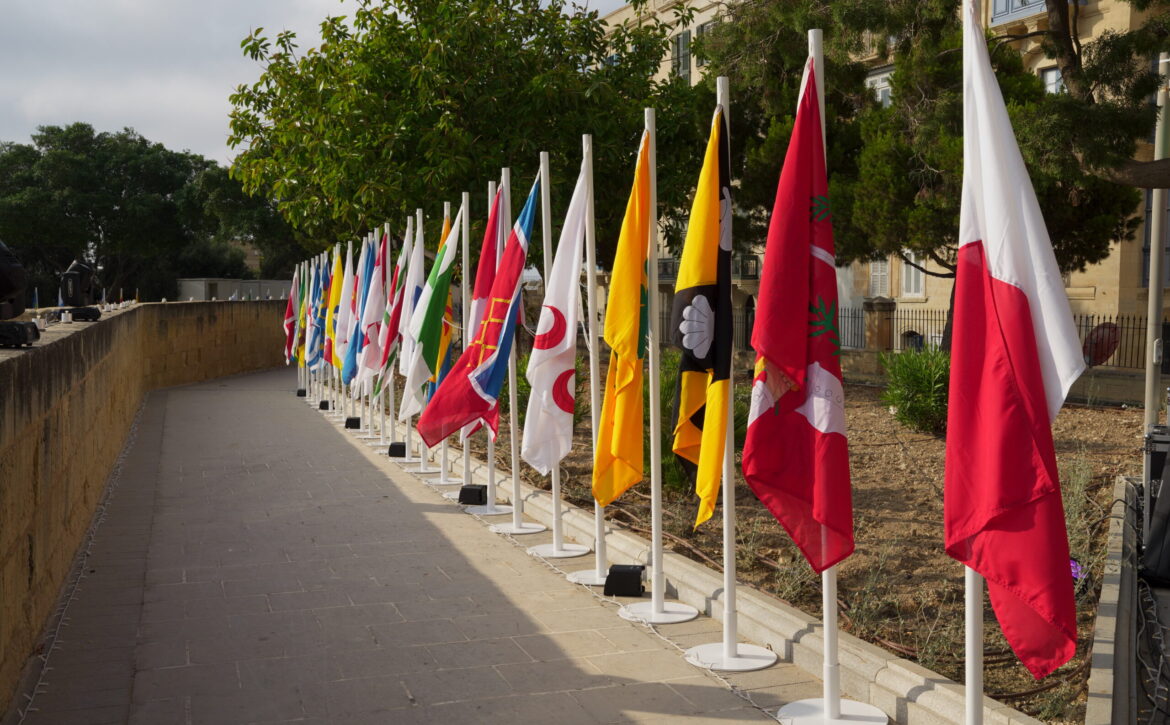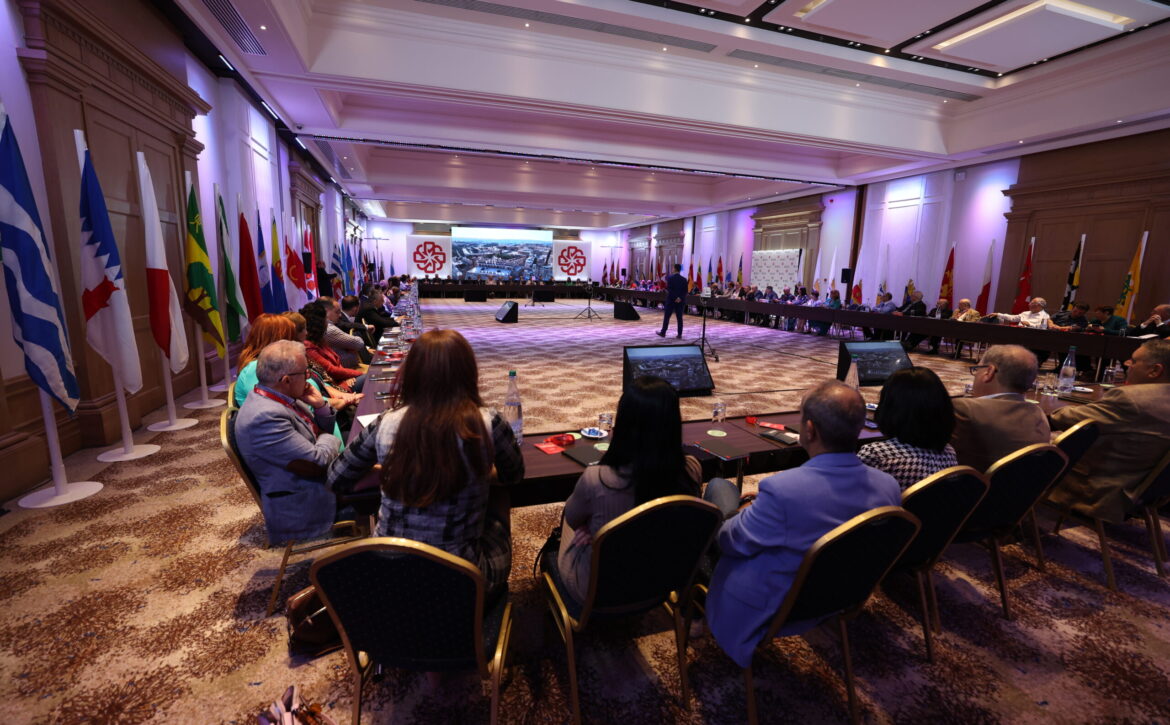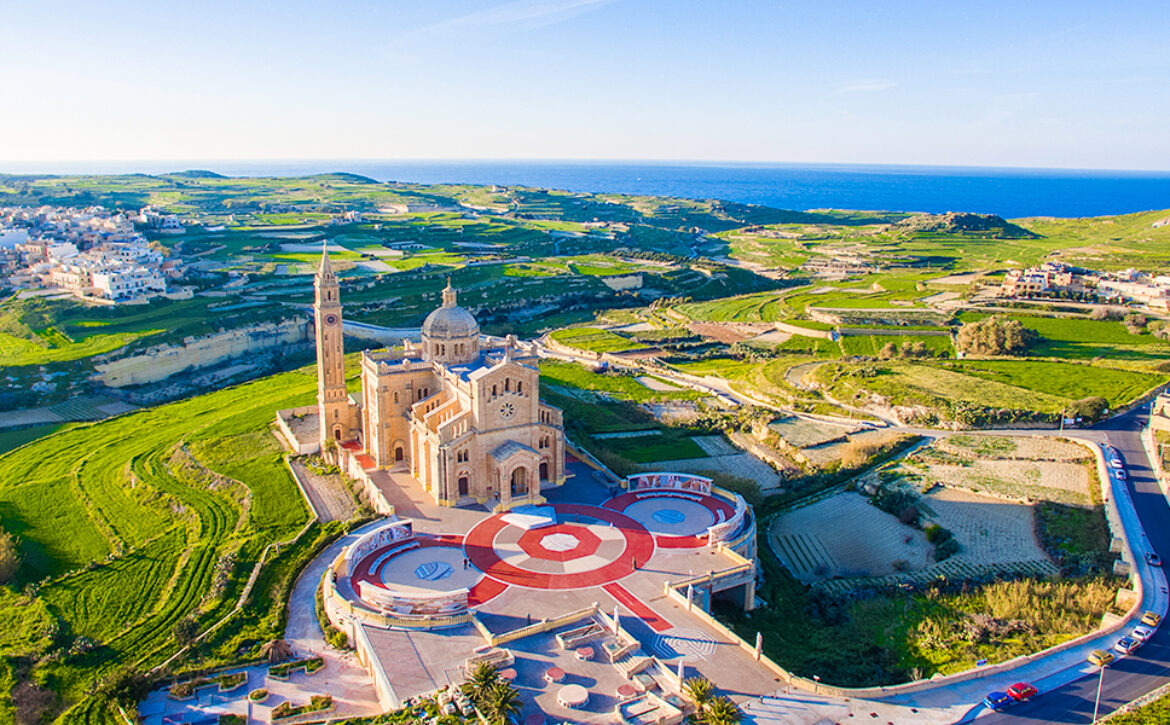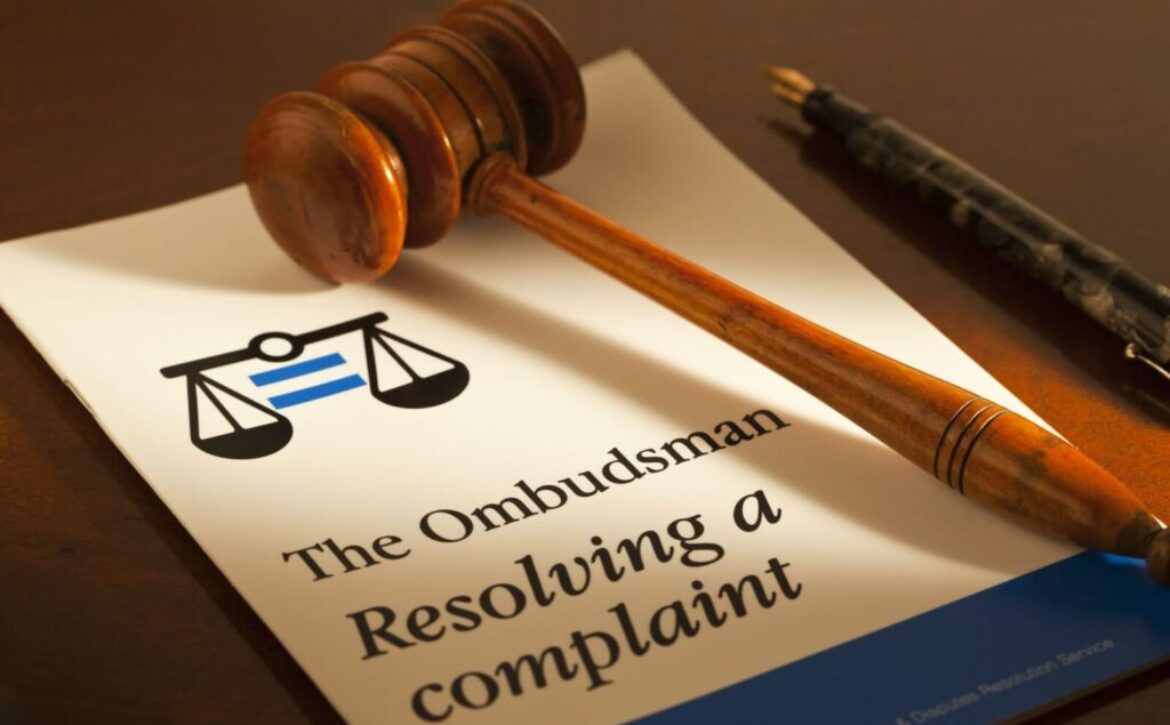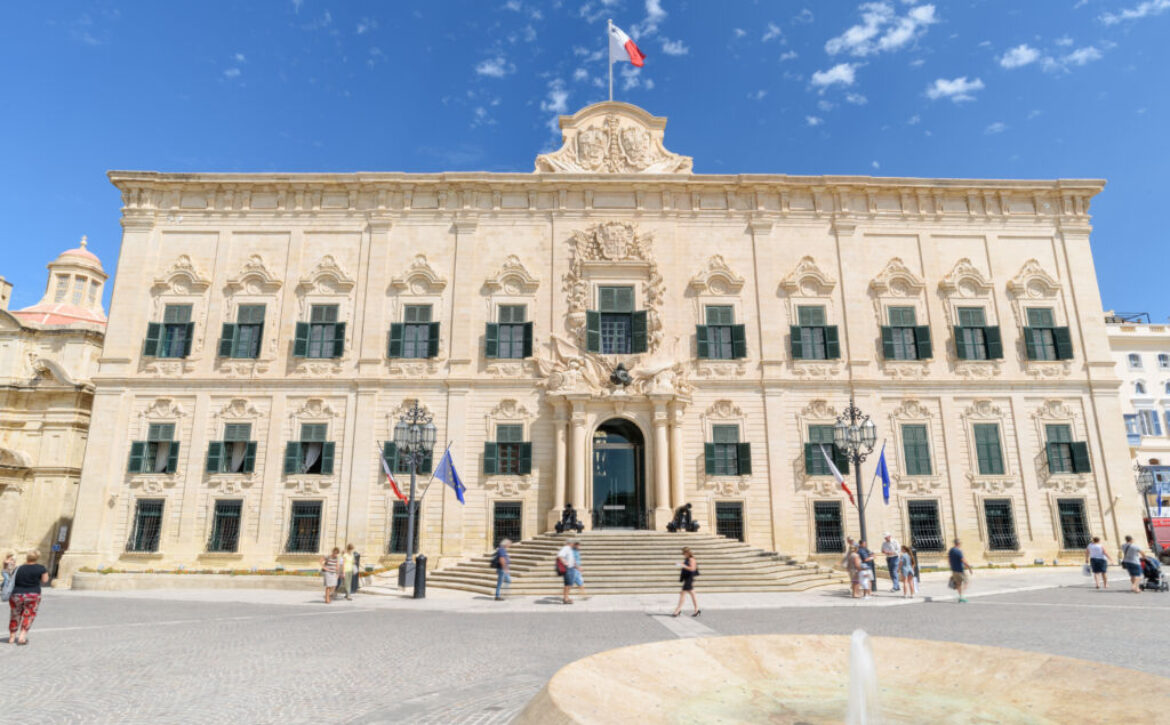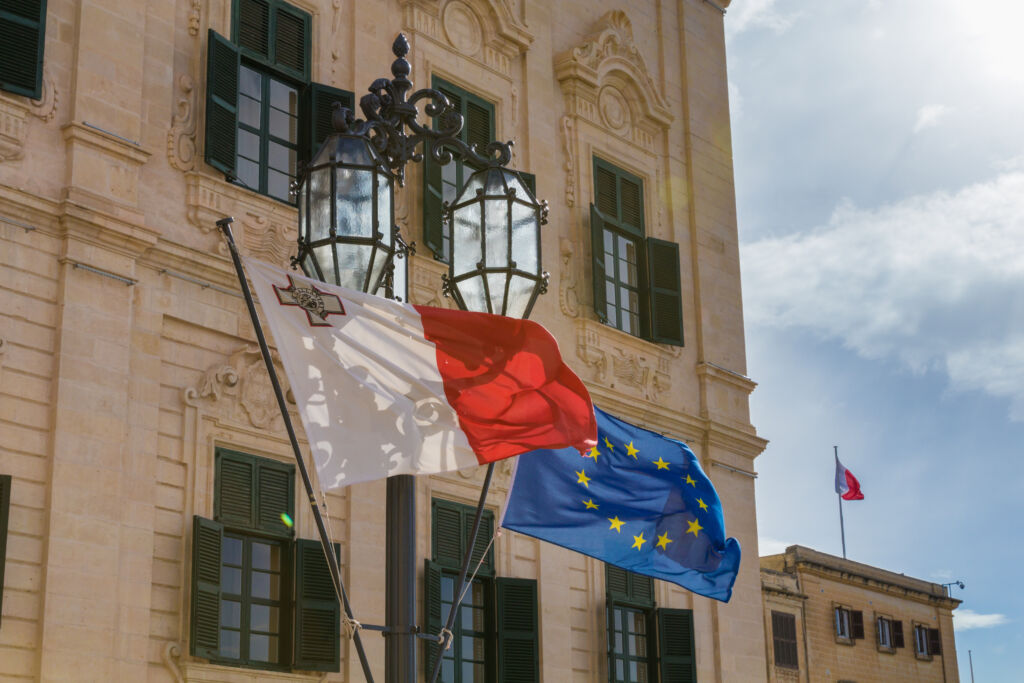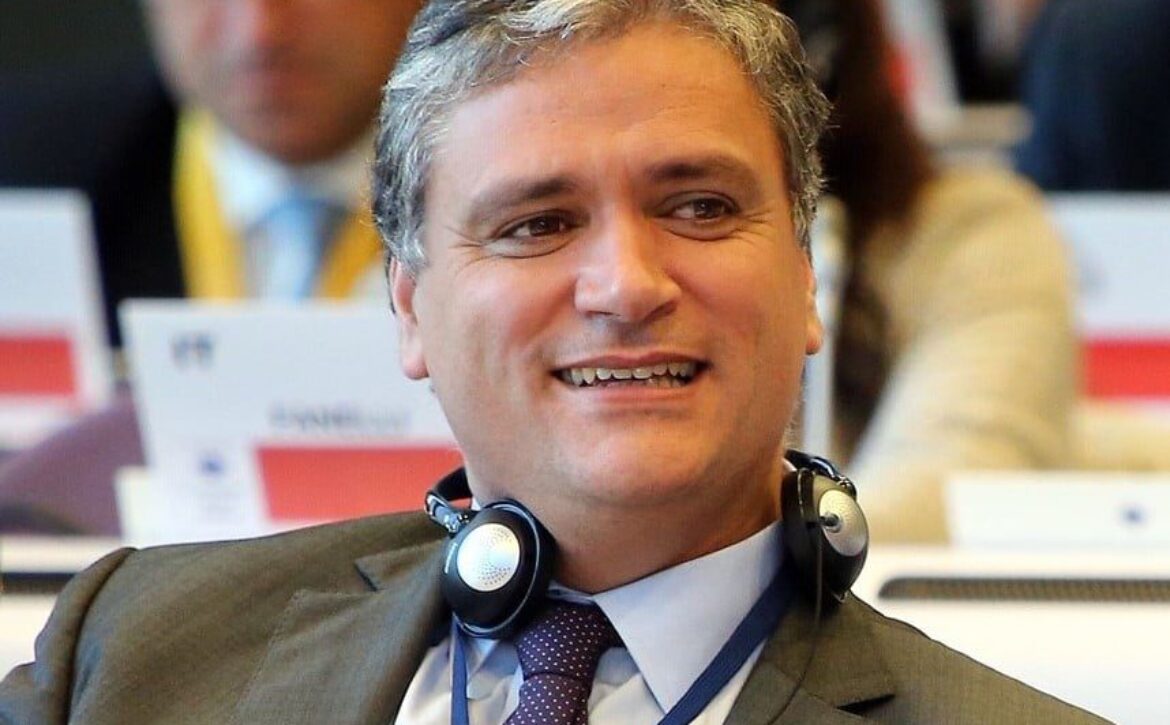Participatory Budgeting: Giving People a Voice in How Money is Spent
Introduction
Participatory budgeting (PB) is a democratic innovation that empowers residents to directly decide how to allocate part of a public budget. Originating in Porto Alegre, Brazil, in 1989, PB has grown into a global movement that strengthens transparency, deepens civic engagement, and fosters more inclusive decision-making at the local level. As governments strive to rebuild trust and encourage active citizenship, participatory budgeting is emerging as a valuable tool for involving people in shaping their communities.
What is Participatory Budgeting?
Participatory budgeting is a process where community members are involved in proposing, discussing, and voting on specific projects or policies that will be funded through a designated portion of the public budget. It typically involves several key steps:
1. Idea Collection – Citizens Submit Proposals
The idea is to allow every resident to contribute ideas to improve their community.
The process of such an initiative can take different forms. Residents are invited to share ideas for how to spend a portion of the public budget. Their submissions can be collected through public meetings, suggestion boxes, community outreach events, online platforms, or mobile apps. Ideas can range from physical infrastructure (like park benches or sidewalks) to social initiatives (like cultural events or youth programs).
The impact is positive because it encourages creativity, ownership, and engagement from a broad community. It also surfaces needs that local authorities may have overlooked and ensures that the PB starts with a bottom-up approach.
2. Proposal Development – Ideas Are Reviewed and Shaped into Feasible Projects by Working Groups
The main purpose of such working groups would be to turn these raw ideas into concrete, realistic, and costed project proposals.
A technical team (often composed of local council staff and elected members, civil society representatives, and sometimes volunteers) evaluates the ideas for feasibility. The proposals are refined to include location, estimated cost, timeline, and alignment with legal and planning regulations. Then, residents may be invited to participate in proposal development workshops to help prioritize and shape ideas.
This process ensures proposals are achievable and compliant with public policy and laws. It also builds a deeper understanding of budgeting and project planning among residents and encourages collaboration between technical experts and residents.
3. Voting – Residents Vote on the Projects They Want Funded
The community should directly choose which proposals should be implemented.
This can be achieved by creating a list of vetted projects and presenting it to the public. The voting methods can include in-person voting, online platforms, mobile apps, or ballots at community centres, libraries, or the local council’s office. Voting should be open to all residents (not citizens) of that particular defined area, sometimes with age lowered to encourage youth and child participation, depending on the proposal being put forward.
This process not only empowers residents but it also gives them a sense of belonging towards that particular project, a sense of ownership. Residents feel that they are truly part of the decision-making process. This increases transparency and legitimacy of public spending and strengthens democratic habits and trust in local government
4. Implementation – Local Authorities Carry Out Winning Projects
Here, the idea is to transform community decisions into concrete actions that improve the quality of life.
This way, the Local Council is responsible for delivering the winning projects using the allocated budget and project timelines and providing updates to the residents. This can be done through newsletters, emails, council meetings, social media, and local noticeboards.
Demonstrating civic engagement, building confidence in participatory processes, and reinforcing the accountability of local institutions will produce visible results.
5. Monitoring – Residents Help Track the Progress of Implementation
Residents should be involved in the monitoring process to ensure transparency and accountability in how public funds are spent and how decisions are made.
This can be achieved by inviting community members to form oversight committees or participate in regular check-ins. This way, updates on project progress (including delays, cost changes, or adjustments) are made available to the public. Such feedback mechanisms (like surveys or public forums) help keep the process dynamic and responsive.
The impact on the community will be a very positive one. It strengthens the culture of accountability, builds long-term trust in participatory governance, and encourages continuous improvement in future PB cycles.
Why It Matters
1. Empowering Communities
Participatory budgeting redistributes power by giving residents, especially marginalized groups, a say in how public resources are used. It helps create a sense of ownership and strengthens the social contract between citizens and institutions.
2. Improving Transparency and Trust – PB fosters accountability in an age of declining trust in institutions. Residents can see where their taxes go, reducing perceptions of corruption or inefficiency.
3. Better-Targeted Public Spending – Who knows a community’s needs better than its residents? PB often results in funding projects that align more closely with actual needs, such as street repairs, playgrounds, safety improvements, or cultural activities.
4. Boosting Civic Education – Participatory budgeting provides a hands-on experience of democracy, especially for young people. It teaches how public finance works, builds negotiation skills, and encourages civic responsibility.
Success Stories Around the World
- New York City, USA: Over 30 city council districts have implemented PB, engaging thousands of residents, including immigrants and youth.
- Paris, France: Since 2014, Paris has allocated €100 million annually to PB, funding community gardens, accessibility projects, and youth programs.
- Madrid, Spain: residents have proposed and voted on everything from new sports facilities to green infrastructure, with over 400,000 participating in 2022 alone.
- Lisbon, Portugal: One of the first cities in Europe to introduce PB, Lisbon made the process fully digital, increasing accessibility and participation.
Challenges and Considerations
Despite its benefits, PB is not without challenges:
- Limited Budgets: Often, the portion of the budget allocated is too small to create systemic change.
- Participation Gaps: Vulnerable or less vocal groups may still be underrepresented.
- Administrative Complexity: Coordinating proposals, evaluations, and implementation requires strong institutional support and dedicated staff.
- Risk of Tokenism: If not genuinely supported by political leadership, PB can become a symbolic exercise rather than a meaningful process.
Participatory Budgeting in Malta: A Missed Opportunity or a Future Priority?
In Malta, the concept of participatory budgeting is still in its early stages. While some local councils have consulted residents on specific projects, there is no formalized national framework for PB. Given Malta’s strong local government system and high levels of community engagement, introducing PB could:
- Enhance transparency in local councils
- Encourage youth and vulnerable group participation
- Promote social cohesion in towns and villages
The Local Councils’ Association could pilot PB in a few localities, evaluate results, and progressively expand the initiative.
What are we recommending?
1. Pilot Projects at the Local Level Start with small-scale participatory budgeting projects in a few local councils with diverse populations. Instead of introducing participatory budgeting (PB) nationwide or across all local councils at once, this approach suggests starting small, by launching PB pilot projects in a select number of towns or cities.
This allows authorities to test and refine the process before a wider rollout. It helps gather data on what works, what doesn’t, and how citizens engage, and it creates “success stories” that can inspire other localities.
How to do it:
- Select 3 to 5 local councils with different demographics and sizes.
- Allocate a small, clear budget (e.g., €30,000–€100,000) for community-driven projects.
- Ensure strong coordination with council staff and local stakeholders.
- Document the entire process for transparency and learning.
2. Capacity Building for Local Authorities Train council staff and councillors on the process, facilitation, and digital tools needed for PB.
Participatory budgeting requires skilled facilitation, financial management, and outreach. Local councillors and staff need training to effectively manage the process and ensure it’s inclusive and transparent.
PB efforts may fail or be poorly managed without adequate knowledge and resources. So well-trained officials can facilitate genuine citizen involvement rather than just “consulting” them. But if administered properly, it helps shift mindsets toward a more participatory, service-oriented governance model.
How to do it:
- Organise national workshops or online training modules on PB.
- Create a toolkit or manual tailored to the Maltese local governance system.
- Offer ongoing mentoring or peer-learning exchanges between councils.
- Encourage collaboration between experienced NGOs and local authorities.
3. Engage Civil Society and Youth Organisations Partner with NGOs and schools to reach a broader demographic and increase participation.
Civil society organisations (CSCs), schools, and youth groups are key to mobilising participation, especially among those who might not otherwise engage, such as young people, immigrants, or the elderly.
This matters because Civil Society Committees, have grassroots connections and can reach underrepresented communities. On the other hand, youth engagement fosters early civic awareness and long-term democratic participation. At lower age groups, schools can use PB as an educational tool to teach democracy in action.
How to do it:
- Partner with youth centres, student councils, and community organisations.
- Involve NGOs in co-designing outreach campaigns and facilitating discussions.
- Introduce school-based participatory budgeting projects — even with symbolic budgets — to teach the concept to students.
- Provide small grants to CSOs to help mobilise local communities.
4. Ensure Accessibility and Inclusion Both online and offline methods should be used to ensure that the elderly, migrants, and the digitally excluded can participate.
Participatory budgeting must be open and accessible to all residents, regardless of age, language, ability, or digital access. This means designing the process with inclusion at its core.
This is because without inclusion, PB risks amplifying the voices of the already empowered and excluding others. Accessibility strengthens legitimacy and ensures that funded projects reflect the diversity of the community. Participation should not depend on education level, internet access, or social status to be inclusive.
How to do it:
- Provide information in multiple languages and accessible formats.
- Use digital and face-to-face methods to collect ideas and votes (e.g., mobile units, postal ballots, town hall events).
- Schedule meetings at accessible venues and times convenient for working people and caregivers.
- Include facilitators to support people with disabilities or literacy challenges.
5. Create a National Participatory Budgeting Framework Guidelines and sharing of best practices across regions should be encouraged to standardise and sustain the practice.
This is important because a national framework would set out principles, guidelines, and support mechanisms to scale up PB coherently and sustainably across the country.
We must ensure consistency in how participatory budgeting is implemented across regions. This will provide legal and institutional backing that protects the process from political changes. It also helps align PB with national strategies on transparency, inclusion, and good governance.
How to do it:
- Develop a framework document through consultation with local councils, NGOs, and citizens.
- Set minimum standards (e.g., budget amount, voting eligibility, transparency rules).
- Establish a national PB support unit or working group within the Ministry for Local Government or the Local Councils’ Association.
- Monitor and evaluate outcomes, and regularly update the framework based on lessons learned.
Conclusion
Participatory budgeting is not merely a financial exercise but a powerful tool for inclusive democracy, community empowerment, and responsive governance. It enables residents to move from being passive recipients of services to active shapers of their communities. When residents are trusted with real decision-making power over public funds, it strengthens transparency, fosters civic pride, and enhances social cohesion.
At the heart of this democratic innovation stands a key enabler: local government, particularly local councils and, importantly, the Local Councils’ Association (LCA). While individual councils are the frontline actors engaging with their communities, the LCA has a unique and strategic role in embedding participatory budgeting into Malta’s local governance landscape.
As the national body representing and supporting local councils, the Local Councils’ Association can lead the way by:
- Developing a national framework for participatory budgeting tailored to Malta’s local realities.
- Offering training and capacity-building programs to equip councillors and staff with the tools and skills to manage inclusive and transparent PB processes.
- Coordinating pilot projects across different localities, ensuring shared learning, equity, and standardisation of good practices.
- Facilitating partnerships with civil society, educational institutions, and national government bodies.
- Promoting innovation by supporting digital tools and inclusive outreach methods that ensure participation across all age groups and social backgrounds.
The LCA also has a critical role in championing the integration of Children’s Councils into participatory budgeting. This not only instills democratic values from an early age but also ensures that the voices of young residents are heard and reflected in local decision-making. Children’s Councils can design child-focused proposals, participate in deliberation and voting processes, and advocate for safe, inclusive, and youth-friendly public spaces and initiatives.
By taking a proactive leadership role, the Local Councils’ Association can elevate participatory budgeting from a local experiment to a national best practice, deeply embedded in the values of subsidiarity, transparency, and citizen empowerment. Together with local councils and Children’s Councils, the LCA can help create a new democratic culture, one where decision-making is closer to the people, more representative of their needs, and more focused on long-term well-being.
Ultimately, participatory budgeting is not just about allocating funds, it is about building stronger communities, fostering mutual trust, and shaping a shared future where every resident, young and old, feels their voice matters.
Mario Fava
President


